Understanding Payment Card Industry Compliance
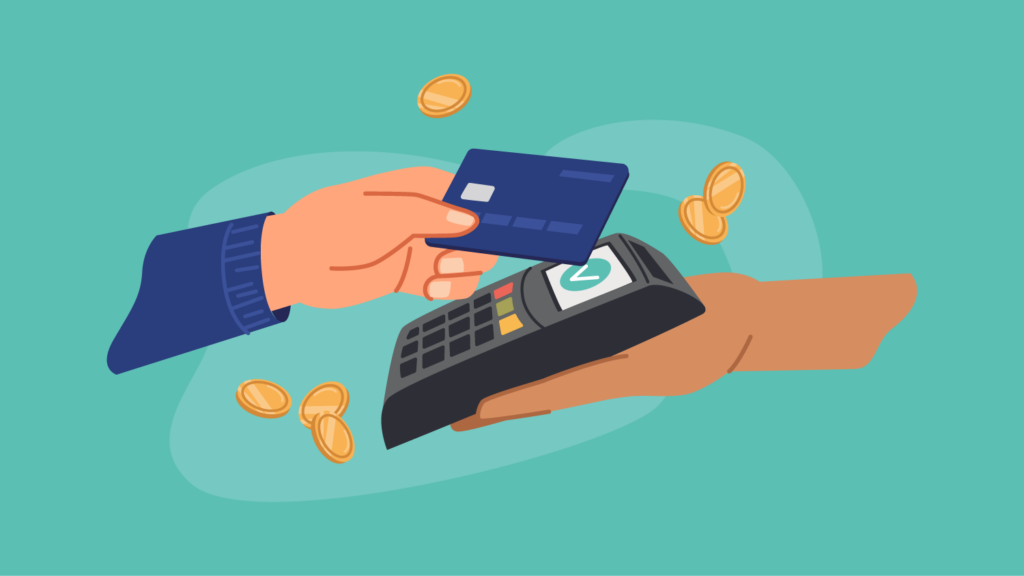
In today’s digital world, secure payment processing is essential for every business that handles credit card data.
The Crucial Role of Non-Tech Professionals in Tech

In a world filled with technological innovation, it’s easy to assume that the tech industry…
Is cyber defense the new cybersecurity?
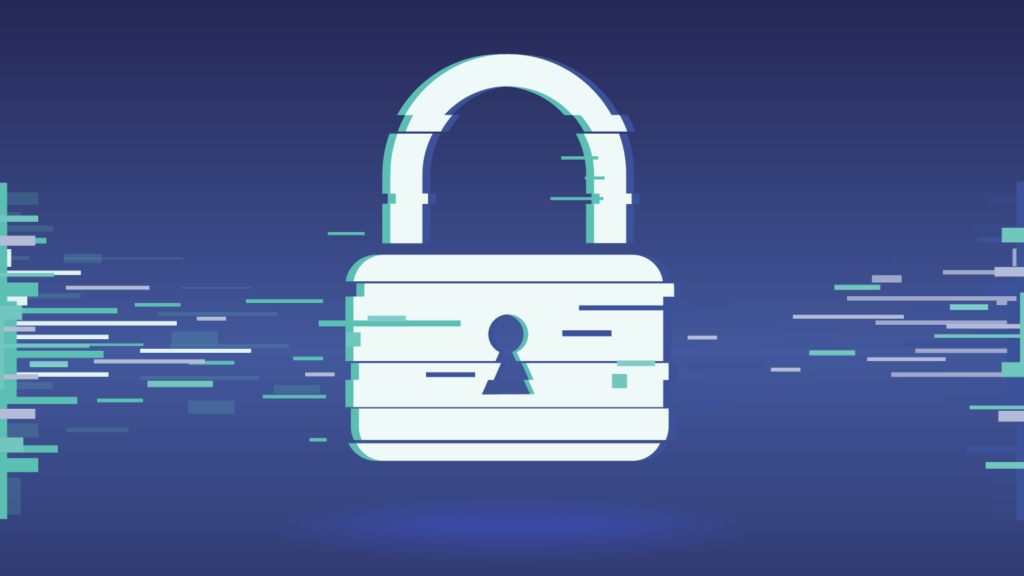
For years, cybersecurity has been one of the most prevalent subjects in IT discussions, strategies…
Cyberattacks Expected to Surge This Holiday Season
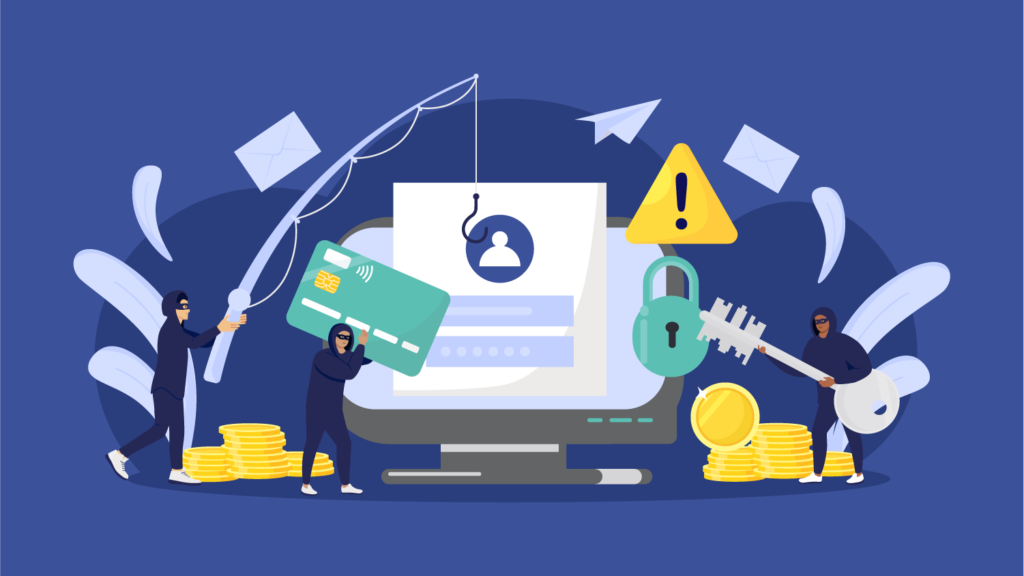
Holidays throughout the year pose unique opportunities for cybercriminals to capitalize on increased online activity…
Business travel is back and so are the cybercriminals: 3 ways to avoid becoming a target

As travelers return to the skies for both business and leisure, they also face heightened…
Why We Should Elevate Hawaiʻi as a Global Esports Hub

As we transition to an economy focused on innovation and technology, Hawaiʻi has an opportunity to lead the world in more than just tourism and hospitality.
Protecting Your Data with Multi-Factor Authentication
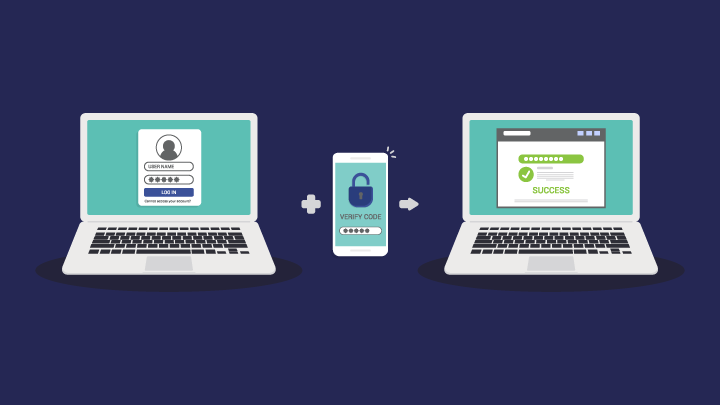
Usernames and passwords have become increasingly easy to breach. Verizon’s 2021 Data Breach Investigation Report revealed that 61% of all data breaches in 2021 involved stolen credentials.
Cyber Attacks are Increasing… Prepare Now
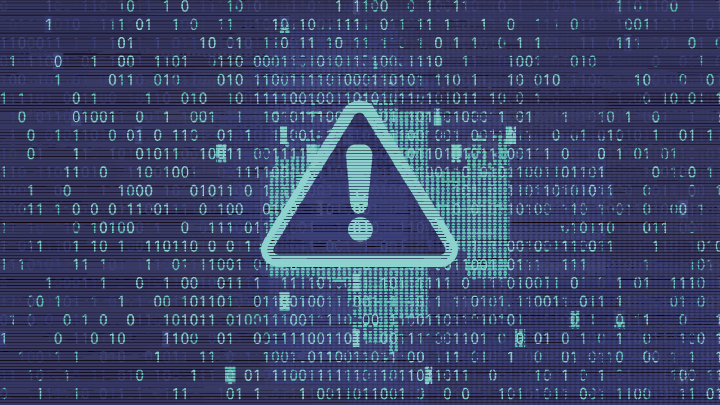
In light of current world events, organizations and individuals should be hyper vigilant about proactively monitoring for cyber threats and taking extra measures to protect data and assets.
Why Cybersecurity Matters for Distributed Enterprises
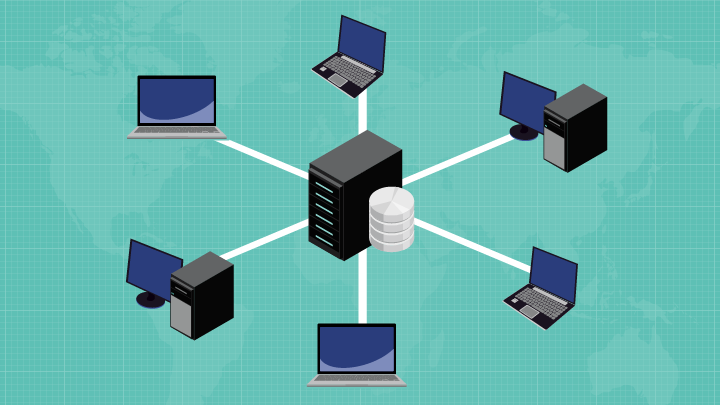
As enterprises grow, so do their location counts. This results in a distributed enterprise, where a single organization is made up of several locations or branches, both physical and/or remote.
Ransomware Demands Our Attention Now
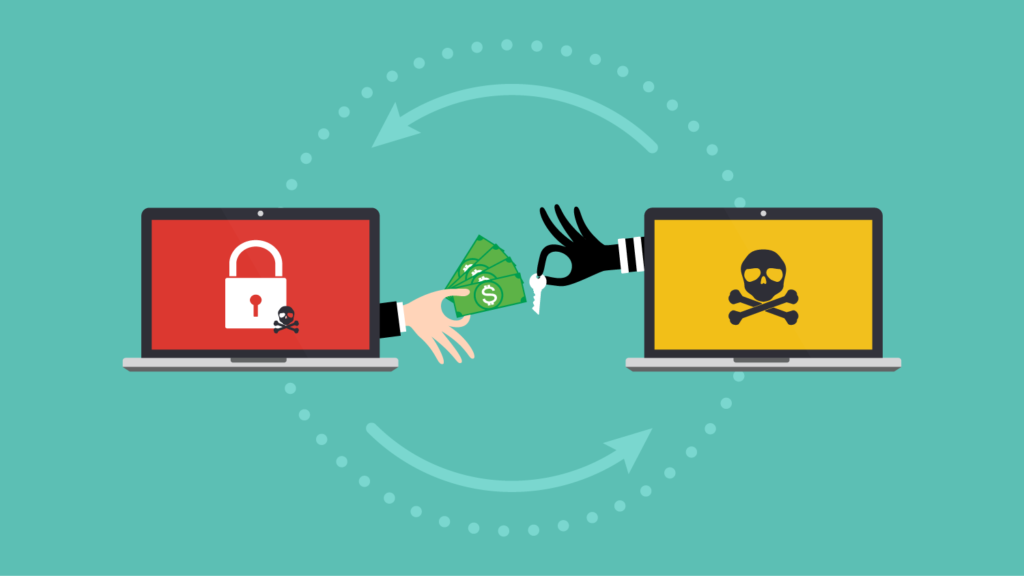
We’re living in an era of ever-advancing ransomware attacks. In the past year, this malware was used repeatedly to threaten and cripple critical infrastructure and services, causing widespread issues from gas shortages to a disruption of the world’s meat supply.
